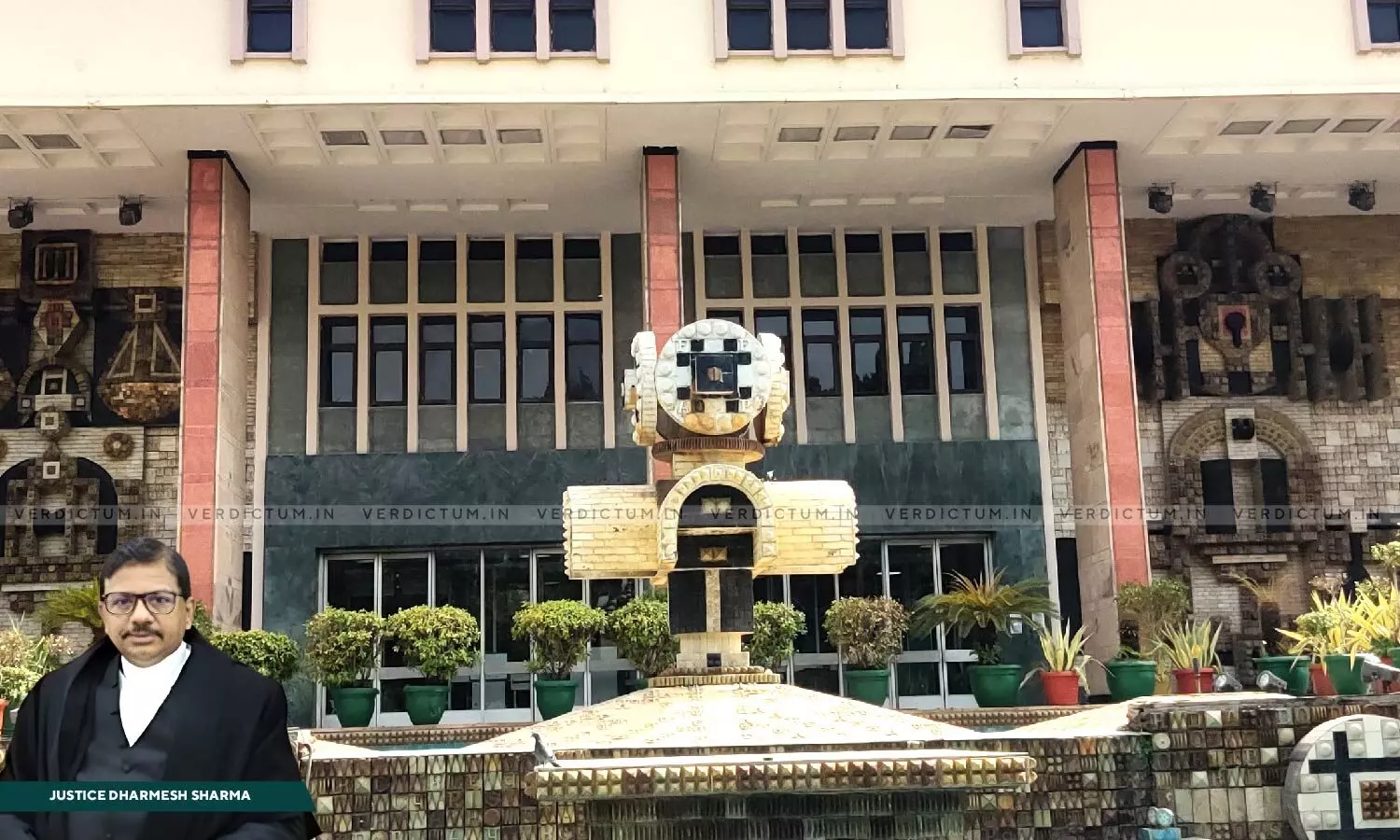
Dismissal Of Application Under Order VII Rule 11 CPC Cannot Ipso Facto Result In Decision On Preliminary Issue Framed: Delhi HC
 |
|The Delhi High Court observed that dismissal of an application under Order VII Rule 11 of the CPC cannot ipso facto result in the decision on the preliminary issue framed by a trial court.
The petitioner had approached the respondent for property consultation services but did not pay for the services rendered. As a result, the respondent filed a suit for recovery along with pendent lite and future interest against the petitioner under Order XXXVII CPC.
The petitioner raised a preliminary issue with respect to the suit being premature. However, the trial court had held that the suit was not premature due to the endorsement overleaf of the cheque in question.
A Single Bench of Justice Dharmesh Sharma observed, “Prima facie, if subsequent to providing of the services by the plaintiff/respondent, a dispute has arisen between the parties to the agreement, then the said condition that has been placed for encashment of the cheque, or in other words, the contingency has rendered it impossible to be implemented on account of execution of the documents between the contracting parties, then such condition becomes void since prima facie, the respondent/plaintiff cannot be blamed for such imbroglio.”
Advocate Sachin Chopra represented the petitioner, while Advocate Praveen Mishra appeared for the respondent.
The petitioner assailed the impugned order on the grounds that the petitioner had not abided by the terms and conditions of the contract and had failed show any documentary evidence of the sale transaction with respect to the disputed property being completed or not. The petitioner further argued that the cheque related to the institution of a premature lis.
The Court discussed Section 31 of the Indian Contract Act, 1872 (Contract Act) defining a contingent contract as a “contract to do or not to do something, if some event, collateral to such contract does or does not happen.” The Court further explained that Section 32 of the Contract Act provides that “contingent contracts to do or not to do anything if an uncertain event happens, cannot be enforced by law unless and until that event has happened.”
Consequently, the Court held that the impugned order of the trial court did not suffer from any illegality. However, “the impugned order, whereby the preliminary issue too has been decided while taking up an application under Order VII Rule 11 of the CPC,” cannot be sustained in law, the Court remarked.
Accordingly, the High Court allowed the appeal.
Cause Title: Kailash Aggarwal v. Ashwani Sharma (Neutral Citation: 2024:DHC:2033)
Appearance:
Petitioner: Advocates Sachin Chopra and Kamal Bansal
Respondent: Advocates Praveen Mishra, Hardeep Kaur, Arun Kumar and Sandhya Pandey